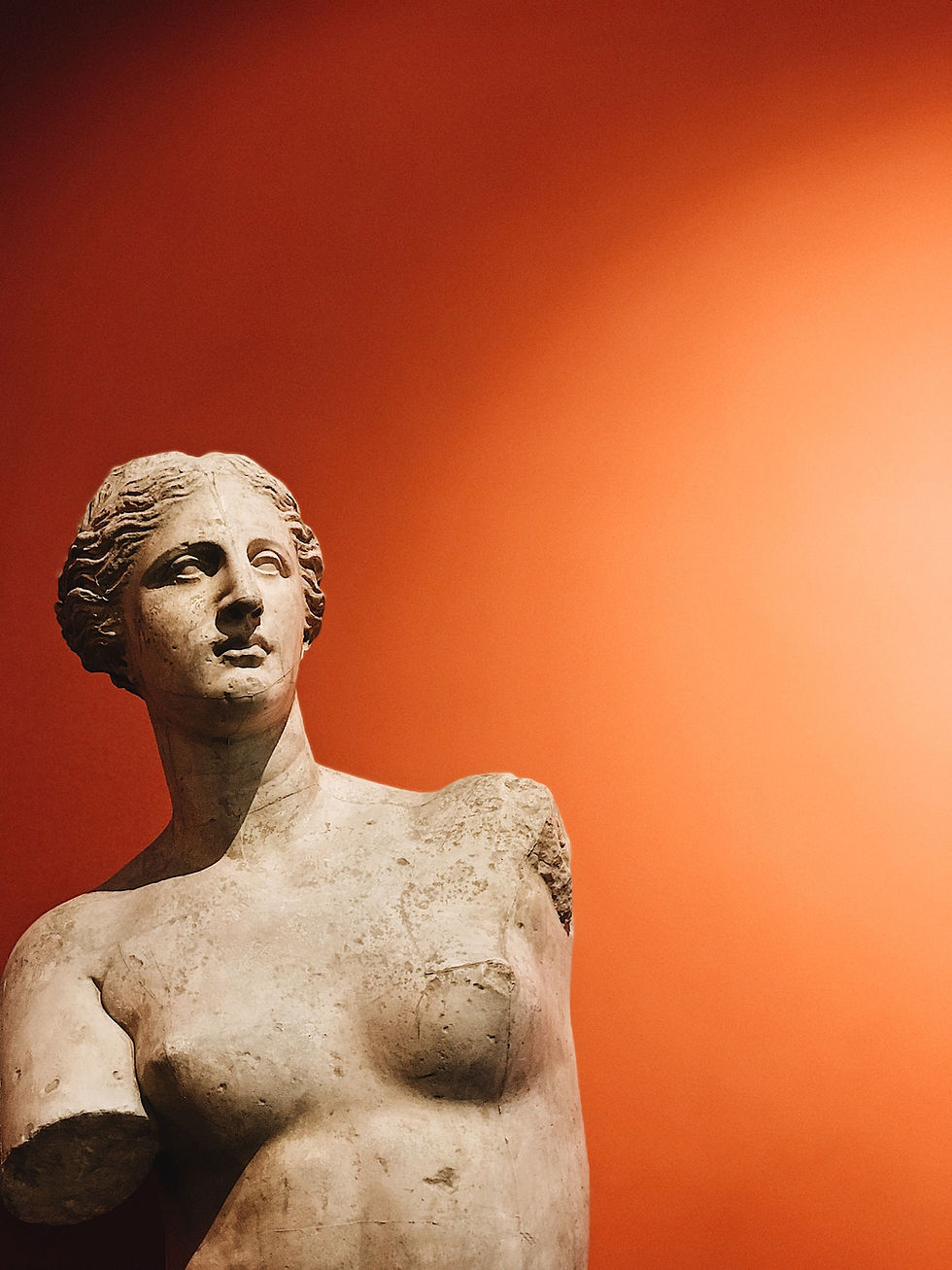ARTS EDUCATION; Why We Should be Including it as a part of our Core Curriculum in Developing Student
- Tessa Meehan

- Oct 11, 2022
- 3 min read
Updated: Oct 27, 2022
When our schooling systems start to become victims of economic endeavors, we typically see budget cuts go straight for the arts programs more often than not. However, we rarely see individuals talking about how the absence of arts education in a student’s career will affect them academically in the long run. The arts are defined as the expression and application of human creative skill and imagination; and with the repetitive application of programs providing creative outlets for developing students and young minds, we also begin to see a shift in these students' academic careers and overall mental health.

Harvard professor Howard Gardner’s theory of multiple intelligences supports the idea of differentiations within human intelligence. The theory proposes that there is no one singular form of intelligence that an individual obtains at birth, and introduces the concept of the eight different subcategories of intelligence; logical/mathematical, linguistic, musical, spatial, bodily-kinesthetic, naturalistic, interpersonal, and intrapersonal (Marenus). The argument of the arts being considered a form of cognitive learning is supported by Gardner's theory of multiple intelligence categories, “and students who are involved with it are equally intelligent and cognitively engaged as they are with other core content areas” (Grenseman 15).
A study done by Vaughn and Winner (2000) argues that students enrolled in arts courses have higher verbal and math Scholastic Aptitude Test scores as opposed to students not enrolled in arts courses (Grenseman 16). More so, this study had also proven that students who had been enrolled in arts courses for four or more years had even higher SAT scores than those of students who had only recently been enrolled in arts courses.

The United Arts Partnership is an arts education program meant to use the arts to help students “comprehend academics and to help build a sense of civic-minded duty and their self-esteem” (Elber). Perez shares a story of a young man she met through the program who found his voice and sense of personal belonging through writing and poetry. She shares that this young man was once an absent, moody, dark-minded individual, who was close to being kicked out of high school; yet now with the application of the arts introduced to his life, he has managed to turn his life around, and not only now travels the world performing spoken word, but is also on his way to releasing his first novel (Elber).

We find countless studies and stories being shared of the benefits of applications of arts education incorporated in our schooling systems, yet so many of us choose to turn the other cheek. It is no secret that many schooling systems are very underfunded, and this usually means the arts programs are the first to go over our core curriculum courses; however, what does this mean for our students?
Now, I am aware we cannot drop our “traditional” academic courses in our schooling systems, but without a fair introduction to the arts, we are cheating many young minds out of a world of potential. Arts education programs must be recognized as cognitive learning by the public in order to see a change in our schooling systems.
How can we help?
Simple ways we can all help include; donating to programs similar to Perez’s foundation that fund arts education in public schooling systems, emailing/ writing letters to school board and council members advocating and pushing for a wider variety of arts programs in schools available for all students, and speaking out towards other members in our communities and spreading awareness of the importance of proper education in the arts.
Change within our communities starts with community members like you and me, therefore we must be the ones to induce progression within issues like these.
References
Elber, Lynn. “Click to copy RELATED TOPICS Theater New York Entertainment Rosie Perez Arts education Plays Education TV ‘Rise’ star Rosie Perez believes in the power of the arts.” AP News, 7 May 2018, https://apnews.com/article/878b407fa99a4efe813a6c0db51273f7. Accessed 25 November 2020.
Grenseman, G. A. L. (2014). Advocating the strengthening of public high school theatre arts education: With a focus on our english learners and at-risk students (Order No. 3667416). Available from ProQuest Dissertations & Theses Global. (1645416049). Retrieved from https://libezproxy.syr.edu/login?url=https://www.proquest.com/docview/1645416049?accountid=14214
Marenus, M. (2020, June 09). Gardner's theory of multiple intelligencesy. Simply Psychology. https://www.simplypsychology.org/multiple-intelligences.html


Comments